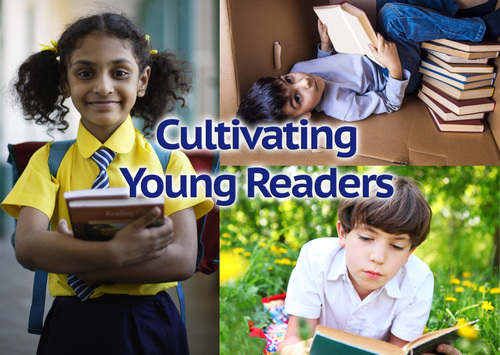
Summer is coming. Book lists are already online. As a parent, I was determined to cultivate a love of reading in my children. Reading is something I love to do and so I was committed to ensuring that my kids appreciate and understand the power of language to convey and express concepts. Language is the ultimate tool of humanity.
Our Global Teacher Bloggers are pioneers and innovators in fields such as technology integration, mathematics coaching, special needs education, science instruction, and gender equity. They have founded schools, written curricula, and led classrooms in 13 different countries that stretch across every populated continent on earth. These teachers empower and enrich the lives of young people from nearly every background imaginable.
Today in The Global Search for Education, our Top Global Teacher Bloggers share their answers to this month’s question: How do we do a better job of cultivating young readers?
Rashmi Kathuria (@rashkath) from India recommends a method used by Anita Chadha, a teacher of English at Kulachi Hansraj Model School. She asks her students “to dramatize a particular scene or situation they read in the story.” Rather than read silently or aloud one student at a time, she has her students read the story as if it were a play. “…to my wonderment I discovered young actors and actresses.” Additionally, students are encouraged to write scripts and create dialogues in their own words. Reading becomes something active and enjoyable rather than boring and passive. Read More.
“We do not have a library at my school,” says teacher Dana Narvaisa (@dana_narvaisa) from Latvia, “but it has never been an excuse for us to avoid reading.” Dana notes that it is important to give students both a wide selection and chance to read during the school day. She says, “regular reading is essential and to make it a priority, we need to find time for it every day.” Read More.
Natacha Scott (@natacha_scott), Assistant Director of History and Social Studies for the Boston Public Schools, was recommended by Adam Steiner (@steineredtech) this month. Natacha emphasizes that understanding the perspective and the experiences of students is key to choosing the right book. “Before the journey can begin, teachers must take the time to get to know their students. Truly understanding their background, questions, and interests will allow access points for establishing connections to different content.” Read More.
“Through language we control our lives,” notes Maarit Rossi (@pathstomath) from Finland. “A man without words does not solve math problems, explicate his existence, let alone feelings.” And of course, we learn language by reading. This month, Maarit joins Finnish literacy teacher Jaana Lindfors and librarian Pia Rahikainen to follow their 7th graders book talk and find how they work together to keep literacy vibrant. Read More.
Elisa Guerra (@ElisaGuerraCruz) from Mexico cuts to the chase: “Let’s be straight,” she notes. You will never turn a kid into a reader if he does not like to read. You might get him to read – just to make the grade, avoid punishment or elude embarrassment. He might try to trick you out of reading by making excuses, whining or cheating. As soon as he gets the chance, he will ESCAPE…….” If Elisa’s observations resonate with you what should you do? Read More.
“Cultivating Young Readers in Communities of Poverty” is the title of Nadia Lopez’ (@TheLopezEffect) inspiring blog on “getting children who struggle with phonics and comprehension to become excited about reading.” Yet “with a little hope” and 10 key strategies, Mott Hall Bridges Academy is creating a culture of literacy. Read More.
“I was 19 when I completed Catcher in the Rye, my first full book,” says teacher Richard Wells (@EduWells) from New Zealand. This “unread college boy” brings a lot of personal experience and expertise to the challenge of cultivating the love of reading in his own classroom today. Don’t miss Richard’s 3 ideas for encouraging boy readers. Read More.
Shaelynn Farnsworth (@shfarnsworth), based in Conrad, Iowa, was recommended this month by our Blogger at Large Beth Holland (@brholland). Shaelynn notes there is no “silver bullet” which will motivate every student to read and that it’s often a blend of different strategies. She believes that “a well-informed and observant teacher can focus their instruction and differentiate content to meet the needs of all students.” Shaelynn shares 3 reading motivations to target for cultivating young readers: Interest, Dedication, and Confidence. Read More.
Parental involvement is absolutely critical, says Vicki Davis (@coolcatteacher) from Camilla, Georgia. Vicki shares a wonderful story of how she ignited a love of reading with her own children. “I would yawn, stretch my arms, and say, you know what? I’m really tired. I would hear howls from the backseat…..So, I would turn around and say…” Read More.
In Sierra Leone, Miriam Mason-Sesay (@EducAidSL) is creating a culture of story-telling by conveying reading as an adventure. None of the 17 different local languages in her country are traditionally written. This means that children do not grow up with books. Engagement with the written word has to be very carefully and methodically cultivated. “Success is pointed out and celebrated. Exciting books are read to the children and they are then encouraged to read them together in small groups on their own again later. The children use Inge Wilson’s ‘Tales Toolkit’ to tell each other exciting stories and then write them up…” Read More.
Todd Finley (@finleyt) in Greenville, North Carolina emphasizes that while reading alone is very important, reading together is crucial. “Reading is a social experience. We read because important members of our community model the practice and make it a priority…. Ultimately, writes C.S. Lewis, ‘We read to know we are not alone’.” Read More.
Craig Kemp (@mrkempnz) in Singapore shares his 2 easy ways to cultivate young readers but emphasizes that teachers should be role models. They should not only teach reading but engender a love of literature by way of example. “If we want our students to love reading, we need to love reading.” Read More.
The Top Global Teacher Bloggers is a monthly series where educators across the globe offer experienced yet unique takes on today’s most important topics. CMRubinWorld utilizes the platform to propagate the voices of the most indispensable people of our learning institutions – teachers.
(Photo is courtesy of CMRubinWorld)
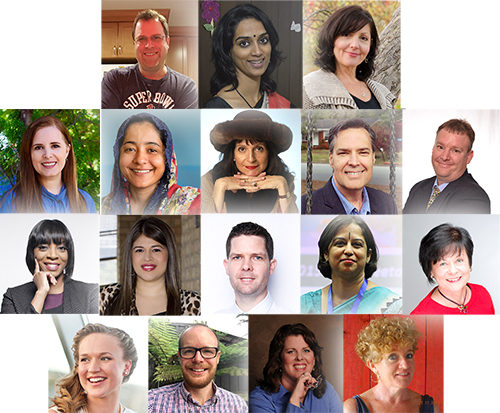
Warren Sparrow
Rashmi Kathuria, Maarit Rossi

Join me and globally renowned thought leaders including Sir Michael Barber (UK), Dr. Michael Block (U.S.), Dr. Leon Botstein (U.S.), Professor Clay Christensen (U.S.), Dr. Linda Darling-Hammond (U.S.), Dr. MadhavChavan (India), Professor Michael Fullan (Canada), Professor Howard Gardner (U.S.), Professor Andy Hargreaves (U.S.), Professor Yvonne Hellman (The Netherlands), Professor Kristin Helstad (Norway), Jean Hendrickson (U.S.), Professor Rose Hipkins (New Zealand), Professor Cornelia Hoogland (Canada), Honourable Jeff Johnson (Canada), Mme. Chantal Kaufmann (Belgium), Dr. EijaKauppinen (Finland), State Secretary TapioKosunen (Finland), Professor Dominique Lafontaine (Belgium), Professor Hugh Lauder (UK), Lord Ken Macdonald (UK), Professor Geoff Masters (Australia), Professor Barry McGaw (Australia), Shiv Nadar (India), Professor R. Natarajan (India), Dr. Pak Tee Ng (Singapore), Dr. Denise Pope (US), Sridhar Rajagopalan (India), Dr. Diane Ravitch (U.S.), Richard Wilson Riley (U.S.), Sir Ken Robinson (UK), Professor Pasi Sahlberg (Finland), Professor Manabu Sato (Japan), Andreas Schleicher (PISA, OECD), Dr. Anthony Seldon (UK), Dr. David Shaffer (U.S.), Dr. Kirsten Sivesind (Norway), Chancellor Stephen Spahn (U.S.), Yves Theze (LyceeFrancais U.S.), Professor Charles Ungerleider (Canada), Professor Tony Wagner (U.S.), Sir David Watson (UK), Professor Dylan Wiliam (UK), Dr. Mark Wormald (UK), Professor Theo Wubbels (The Netherlands), Professor Michael Young (UK), and Professor Minxuan Zhang (China) as they explore the big picture education questions that all nations face today.
The Global Search for Education Community Page
C. M. Rubin is the author of two widely read online series for which she received a 2011 Upton Sinclair award, “The Global Search for Education” and “How Will We Read?” She is also the author of three bestselling books, including The Real Alice in Wonderland, is the publisher of CMRubinWorld, and is a Disruptor Foundation Fellow.
Follow C. M. Rubin on Twitter: www.twitter.com/@cmrubinworld

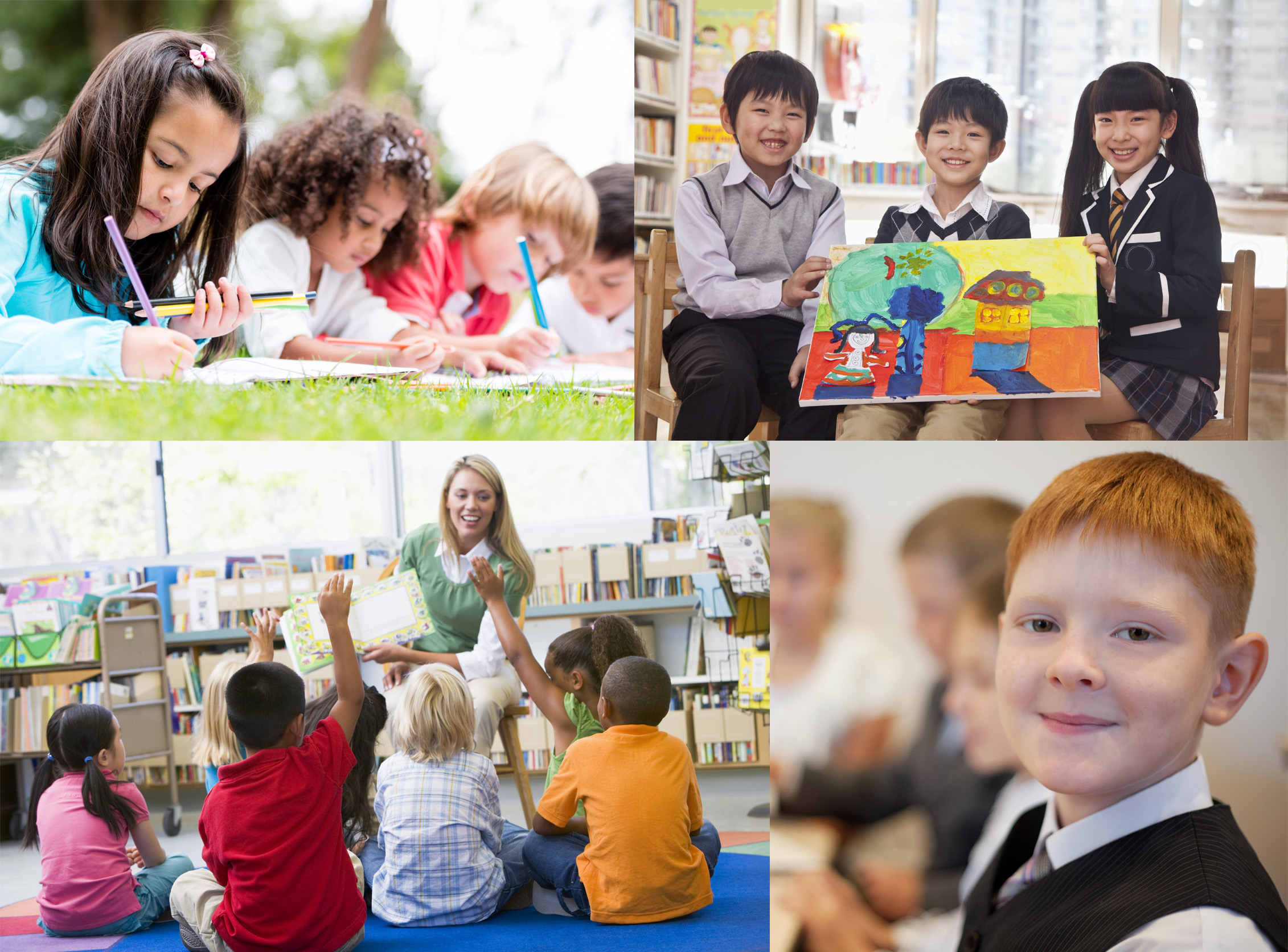
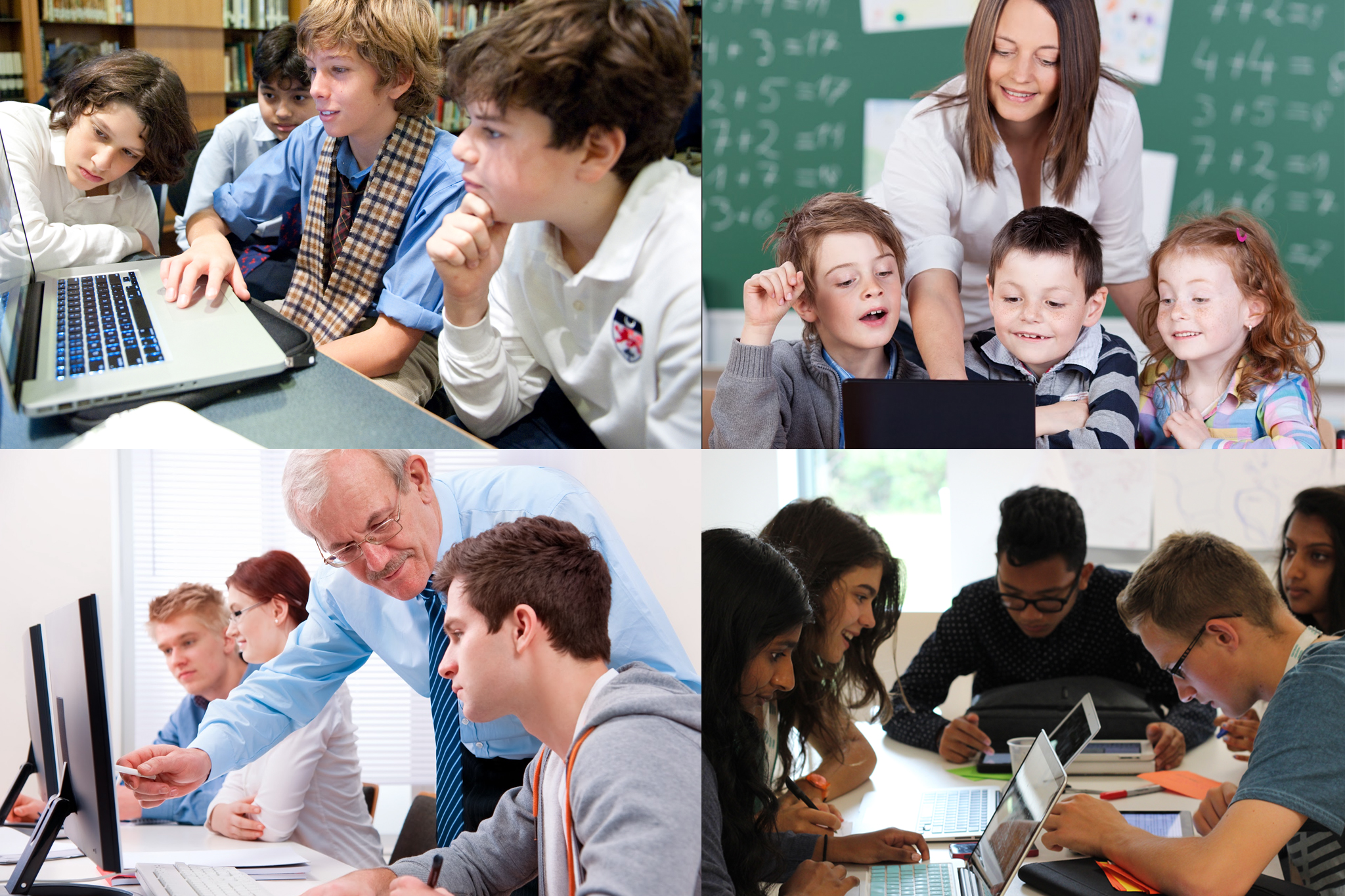
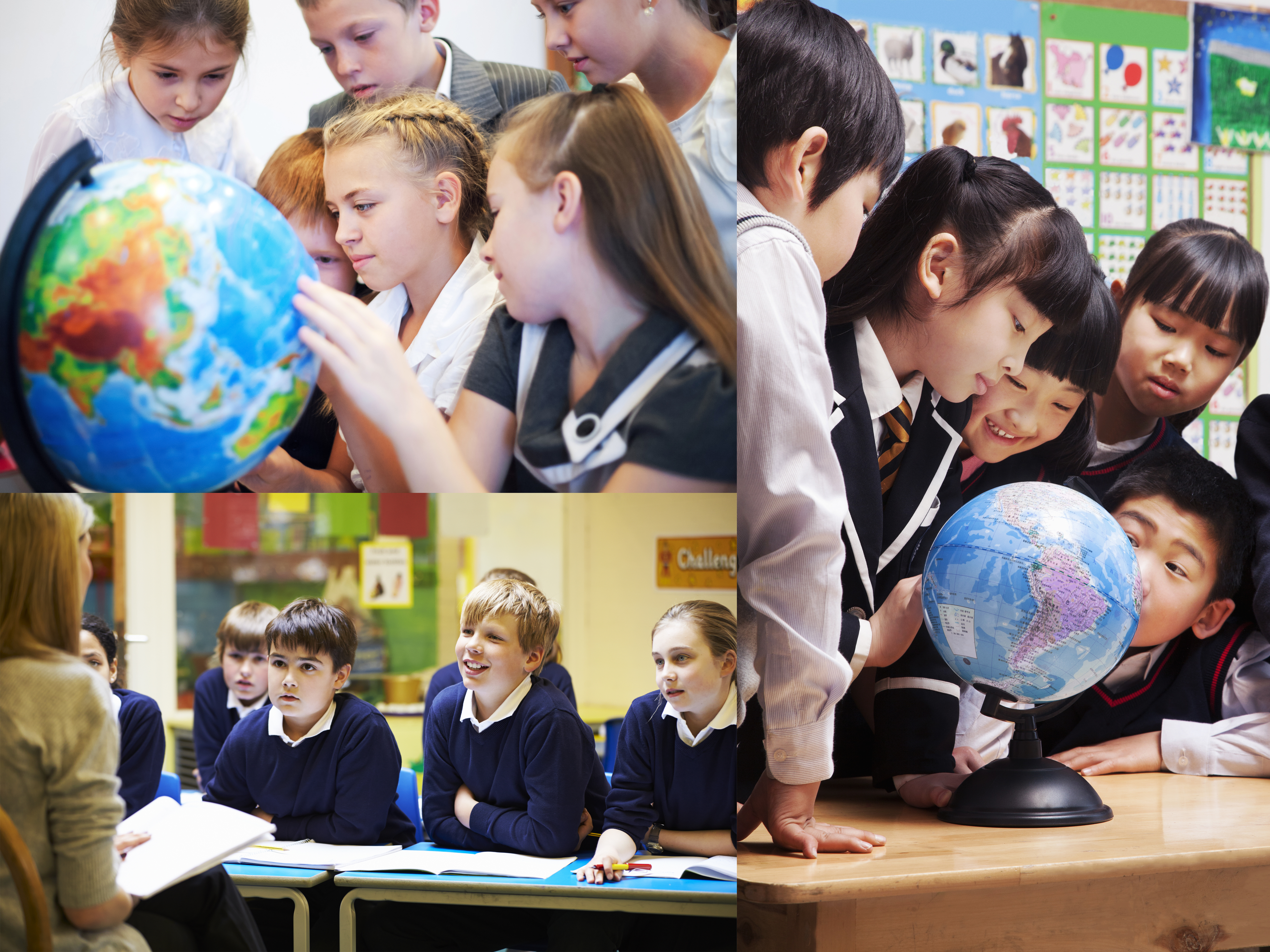

Recent Comments